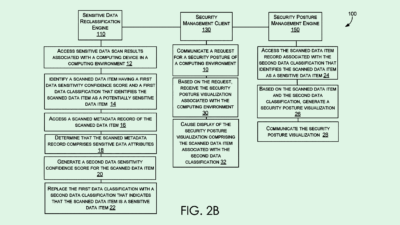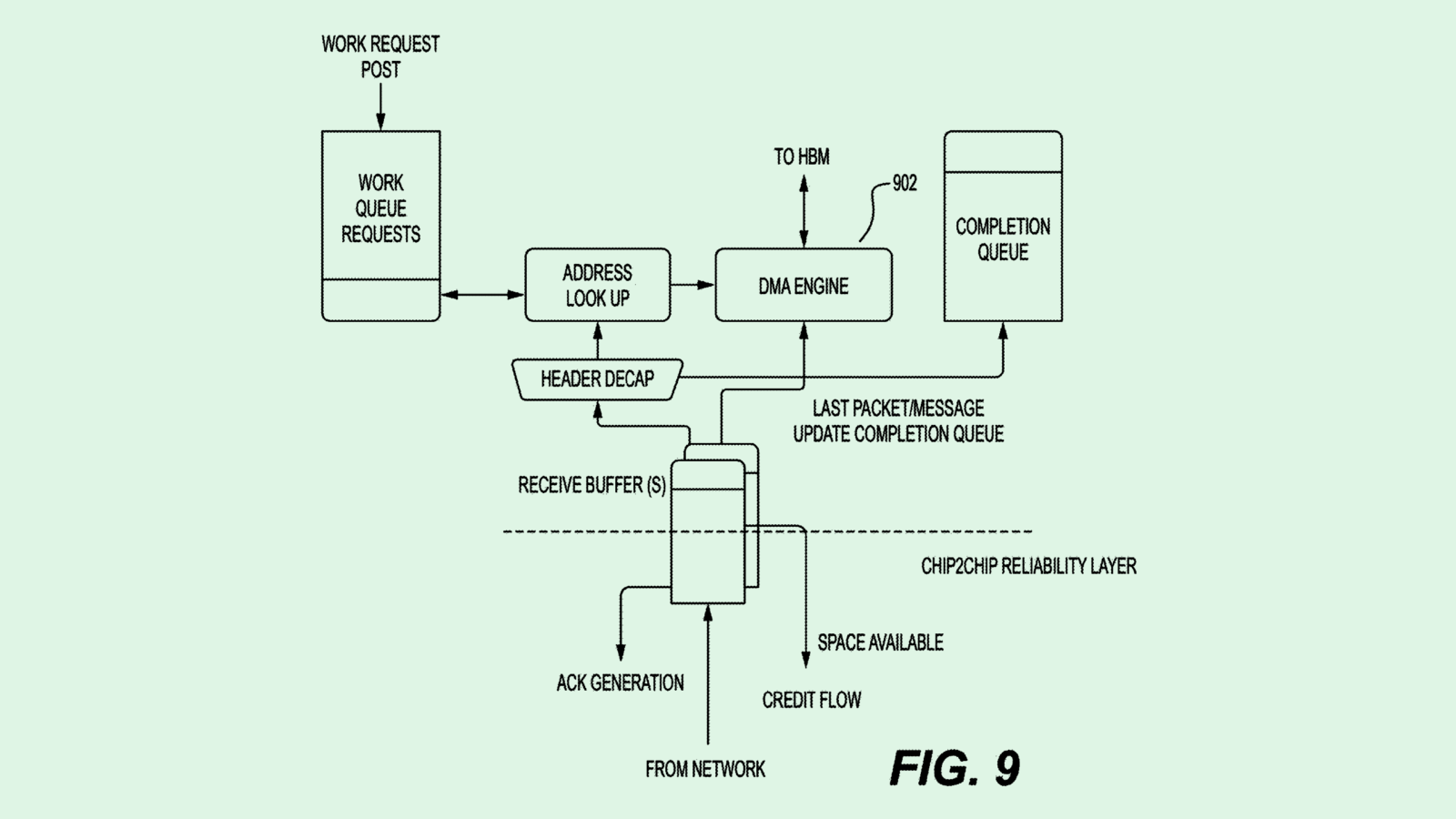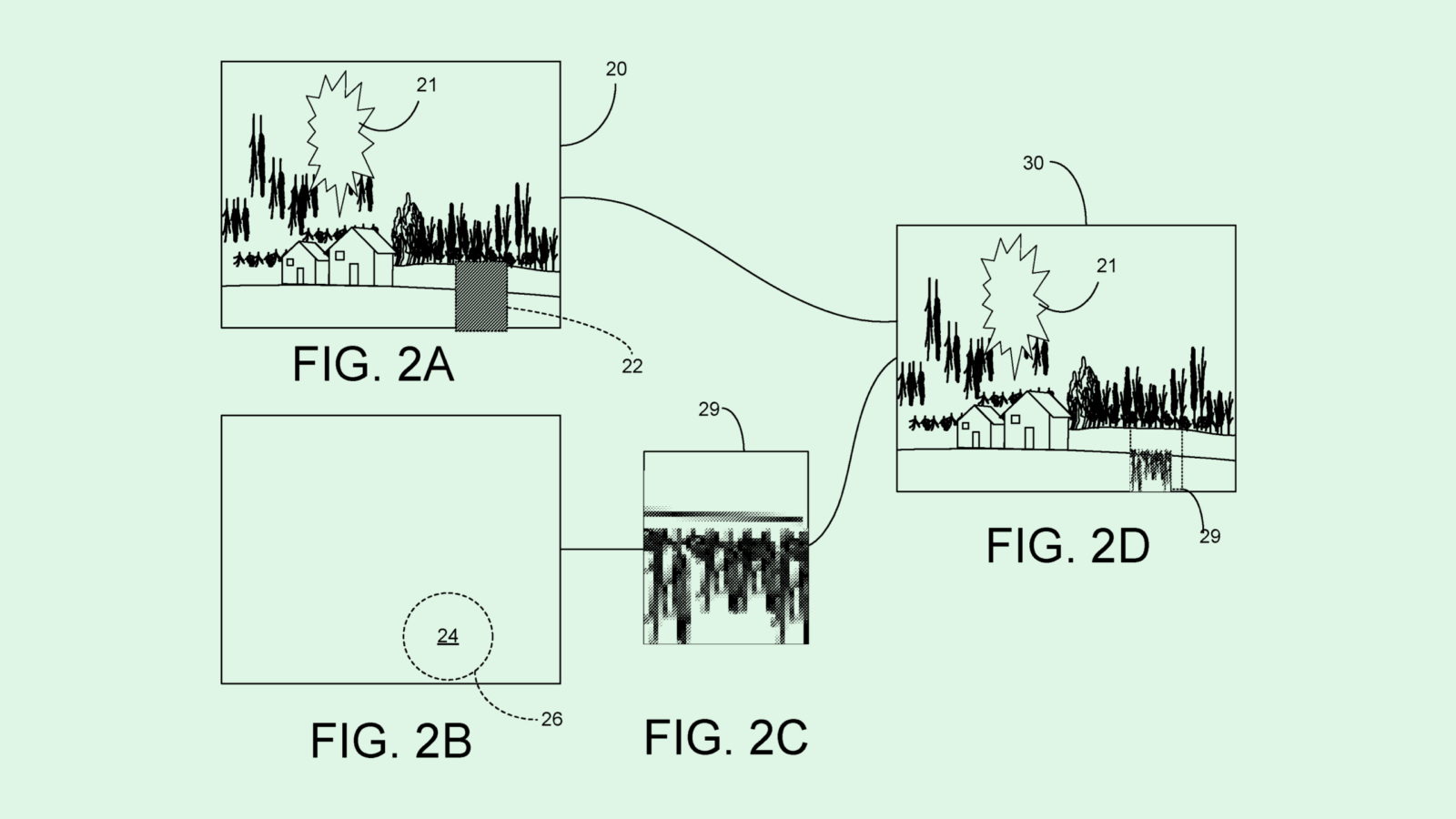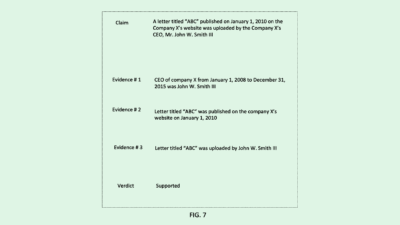JPMorgan Chase Fuels AI Ambitions With New Patent
JPMorgan Chase wants to be the finance industry’s AI frontrunner, filing patent after patent to secure its AI tech portfolio.

Sign up to uncover the latest in emerging technology.
JPMorgan Chase wants to make data science more accessible to the tech novice.
The company filed a patent application for a system to provide “automated data science as a service.” If JPMorgan clients have access to a lot of data, but no technical expertise, this system will put data analysis and predictive modeling at their fingertips.
JPMorgan noted that organizations can collect and create millions of datasets on any given day, which can require manual analysis. This “affects an Information Technology team’s ability to respond to an issue as it takes a long time to process a ticket,” the company said. “In addition, the processing can be inaccurate and involve a number of laborious, manual, repetitive steps.”
First, this system takes in a user’s training dataset, and a user selects a type of machine learning engine that it wants the system to train on their data. The system then performs a “ high-level data analysis” on the data, which could include cleaning up and pre-processing the data so that the machine learning model can understand it better.
The system then picks out which features of the data it can use to make predictions, and the user ranks those features “in order of importance.” Finally, the system trains the machine learning engine to do the jobs the user wants it to.
Once the model is trained, the client can start actually using it: The machine learning engine can start taking in “production data,” the data with which a user wants the model to make predictions.

A patent like this isn’t far afield for JPMorgan. The company has sought out piles of AI-related patents in recent years, including an investor-company matchmaking tool, automated public information discovery for due diligence and, in a similar vein to this patent, a no-code machine learning system.
This also falls in line with its greater AI ambitions as the firm works to outpace other financial institutions in AI adoption. The company reportedly planned to hire thousands of engineers late last year, and CEO Jamie Dimon said in the company’s annual shareholders’ letter that the company has more than 300 use cases for AI in practice, spanning areas like risk, prospecting, marketing, customer experience and fraud prevention.
Scaling those AI ambitions may soon begin in earnest: Last week, the company said it was in talks with US regulators on its generative AI pilot projects, Bloomberg reported. According to Lori Beer, JPMorgan’s global chief information officer, the financial institution is testing AI products that can generate earnings summaries for the companies it tracks and a problem-solving help desk agent.
“It’s about helping regulators understand how we build the generative AI models, how we control them, what are the new vectors of risk,” Beer told Bloomberg.
With the promise that generative AI could add between $200 billion and $340 billion in value from increased productivity, it makes sense that JPMorgan is investing time, resources and cash on getting ahead. But with great power comes a greater need for rules, especially in a tightly regulated industry like finance. “On this one, you have to see guardrails from regulators to drive the right outcomes,” Beer told Bloomberg.
Plus, it’s not the only bank that’s taken interest in AI. Morgan Stanley has its own AI tool that can quickly access a database of thousands of client reports, and Goldman Sachs has filed its own AI-related patents for inventions such an AI data visualization tool and an asset hedging tool. The rush to get skin in the game mimics that of the greater tech industry as excitement around the tech’s promises continues to swell.











